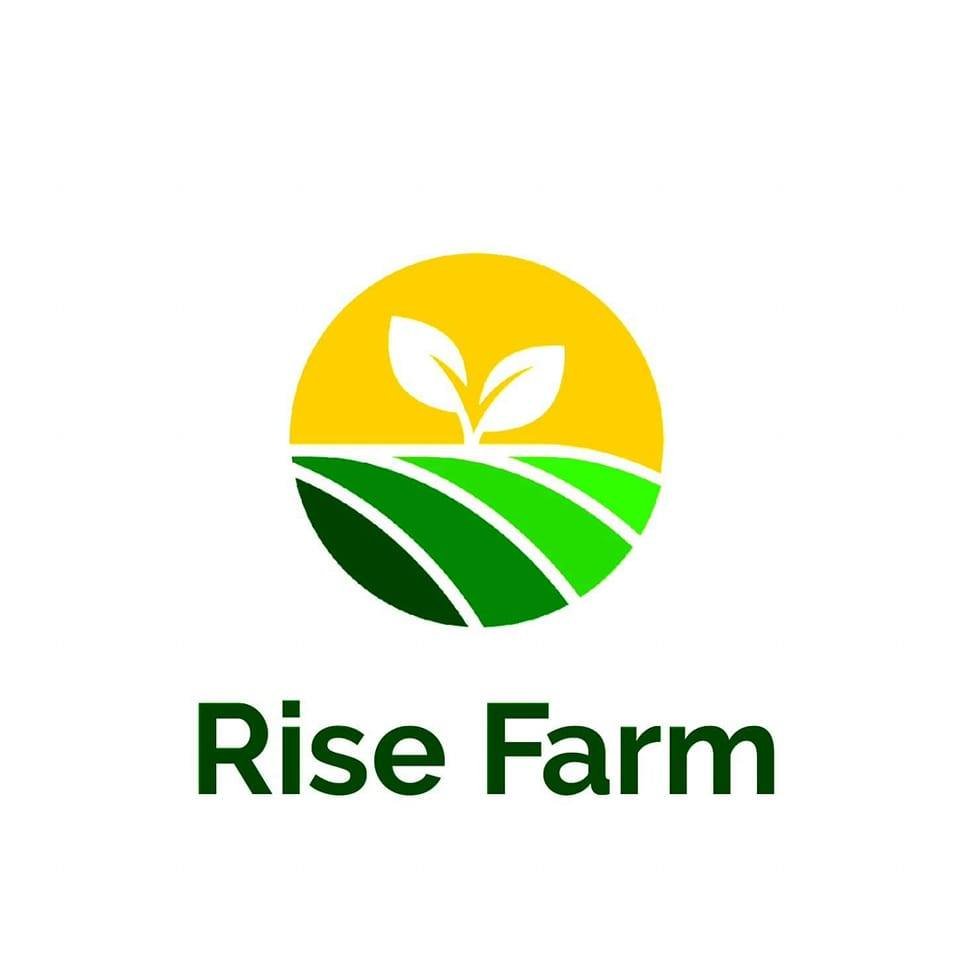ABOUT US
RISE FARM is a small family-run farm located in Dawson Settlement, NB.
We grow nutrient rich vegetables using regenerative practices, and produce pasture raised eggs and meat for Moncton and the surrounding community.
Nicholas and Stephanie Barron established the farm in 2021, after the pandemic took place in 2020 that helped us take the necessary leap to strengthen local food security and produce nutrient rich foods that our community was lacking.
We began our first two seasons attending various markets and selling to local holistic grocery stores. By our third season we began our CSA program having over 40 families join the very first year! Last year we expanded our delivery zone to Shediac and Grand-Barachois, NB and took on ValuFoods in Grand-Barachois as a vendor for our produce.
In 2025, we plan to increase our CSA members to 100 families, and have hired part time help to accommodate the workload - welcoming Shaun Grant of METS Inc. aboard!
REGENERATIVE AGRICULTURE
Regenerative agriculture is a farming practice that aims to improve soil health, biodiversity, and ecosystem services by following principles that enhance soil fertility, conserve natural resources, and promote ecosystem resilience.
Regenerative agriculture practices include reduced tillage, cover cropping, crop rotations, intercropping, agroforestry, and the integration of livestock with crop production.
The central idea of regenerative agriculture is to mimic the natural ecosystem’s processes and functions, creating a self-sustaining and resilient system that can adapt to changing environmental conditions. By restoring the soil’s health and fertility, regenerative agriculture aims to improve yields, reduce the use of synthetic inputs, and provide nutritious and healthy food.
CORE PRINCIPLES
Soil Health: Regenerative farming focuses on building and maintaining healthy soil, recognizing it as the foundation of a thriving ecosystem.
Biodiversity: It promotes and supports a wide variety of plant and animal life, recognizing the interconnectedness of all living things.
Ecosystem Resilience: Regenerative practices aim to create farms that are more resilient to climate change and other disturbances.
Natural Processes: Regenerative farming seeks to work with natural processes, rather than against them, by mimicking natural ecosystems.
Animal Welfare: Regenerative farming prioritizes animal welfare, such as providing animals with access to pasture and allowing them to express natural behaviors.
PRACTICES
Cover Cropping: Keeping the soil covered with plants or crop residue to prevent erosion and improve soil health.
No Tillage: Minimizing soil disturbance to protect soil structure and microbial life.
Crop Rotation: Rotating different crops to improve soil fertility and reduce pest and disease problems.
Composting: Recycling organic waste to create nutrient-rich soil amendments.
Integrated Pest Management: Using natural methods to control pests, rather than relying on synthetic pesticides.
Water Conservation: Implementing practices to conserve water and improve water infiltration into the soil.
Rotational Grazing: Using grazing animals to manage pastures and improve soil health.
OUR ETHICS
Environmental Protection: Regenerative farming aims to minimize negative impacts on the environment, such as pollution and habitat loss.
Animal Welfare: It ensures animals are treated humanely and are allowed to express their natural behaviors.
Food Security: It aims to produce food in a way that is sustainable and resilient, ensuring that food is available for everyone.
Climate Change Mitigation: Regenerative farming helps to sequester carbon in the soil, which aids in mitigating climate change.



